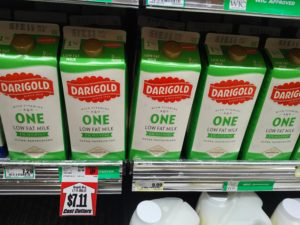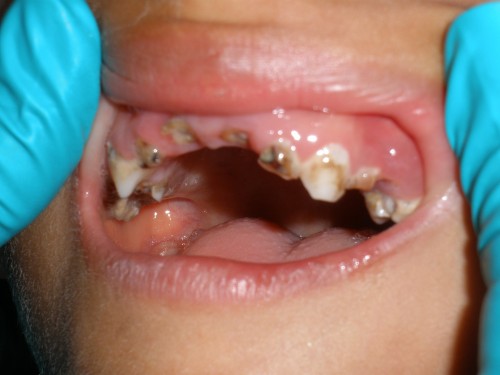At last: attention to sugar’s role in dental health
I included a chapter on sugar and dental disease in my 2015 book, Soda Politics: Taking on Big Soda (and Winning), because billions of people have decayed teeth and other dental problems that could have been kept intact by dental hygiene, fluoride treatment, or—consuming less sugar or sugary drinks.
But:
- Dental disease has a long history of being overlooked as a public health problem.
- Sugar has a long history of being ignored as a cause of dental disease.
This may now be changing.
The Lancet has a new series on oral health:
- Editorial: Oral health at a tipping point. The Lancet, Vol. 394, No. 10194:
Radical action on oral health will benefit from harnessing a clear global health mandate. Because oral diseases share the main risk factors of other non-communicable diseases (NCDs)—sugar consumption, tobacco use, and harmful alcohol use—oral health should have a stronger place on the global NCDs agenda.
It’s great that The Lancet has finally taken this on.
Here’s The Guardian’s Account. There should be a lot more press coverage. Dental conditions affect billions of people throughout the world.








